How To Speed Up Composting (10 Tips For Faster Results)
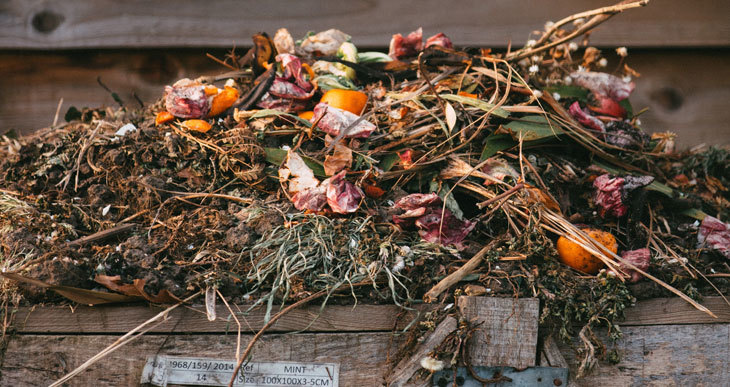
There are many good reasons to compost.
But composting can take ages. Sometimes a year or more for some people.
If you’re reading this, you’re probably wondering whether there’s any way to speed up the composting process and get your hands on that beautiful brown stuff quicker…
I’ll explain some of the best tips and tricks for making fast compost in this article.
There are various methods to pick up the pace of your composting. Some require more patience and precision than others. Also, some materials are more accessible than others. For example, adding chicken poop can hasten things along, but that’s harder to do if you don’t have access to live chickens!
Thankfully, there are plenty more suggestions to try.
Methods to compost faster include:
1. Shredding compost Materials
2. Turning Compost
3. Aeration techniques
4. Adding high nitrogen material
5. Adding compost activators and accelerators
6. Adding Soil
7. Natural accelerators
8. Hot composting (Berkeley Method)
9. Insulation
10. Hot water bottle
Can You Speed Up Composting?
There are a variety of methods for speeding up compost. It takes more managing and work, but it is ultimately achievable. The techniques for doing this involve carefully controlling the temperature, aeration, and microbial activity in your compost pile.
It is crucial to focus on what creates “black gold,” in other words, “decay.” Thus, you need to ensure everything you are doing to your compost pile promotes the breakdown of the organic matter you’ve put in.
5 Key Elements To Composting
- Temperature
- Surface area
- Aeration
- Moisture
- The ideal ratio of carbon to nitrogen
These five elements have to be balanced. For example, heat is good, but only to a point. Ideally, you aim to get it to 120-160 F (49 – 71 C). Once you go over that, you risk killing all the organisms that are helping break down the organic matter. You will also lose all that fantastic nitrogen your plants love.
Let’s look at some of the things you can do to help encourage faster results.
What Will Make Compost Break Down Faster?
The two most significant issues that slow down composting are the size of the organic materials and a lack of aeration. Breaking up organic waste materials into smaller sizes and improving oxygen supply will help decomposition.
1. Shredding
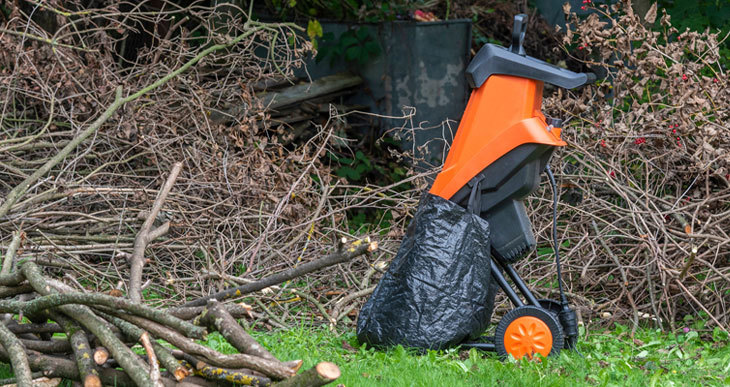
Bigger chunks have less surface area for those helpful microorganisms to get the job done.
The easiest fix is to shred, chop, and tear the matter before adding it to the heap. Shredded material has a much larger surface, meaning more organic matter is exposed for the compost microbes to do their job ( A shredder like this one on Amazon is an excellent tool for doing this…)
2. Turning Compost
When it comes to an oxygen supply, there are two big factors: setup and management.
As the pile breaks down, it reduces in size, and the air pockets collapse. As a result, it becomes harder and harder for your friendly bacteria to get the oxygen they need. Eventually, they suffocate.
So turning your compost helps.
It’s also a ton of work! Buying a composter that you can turn(like this highly popular model) is one way to avoid the shovel. These are what gardeners call “tumblers” instead of a “bin.”
3. Good Aeration Methods
Another way to encourage air supply is setting up the heap with sticks layered at the bottom to provide plenty of air circulation and drainage for excess moisture.
Alternatively, sticking a tube made of chicken wire or PVC pipe with holes into the middle of the pile and putting your organic matter around it encourages airflow into the center of the compost.
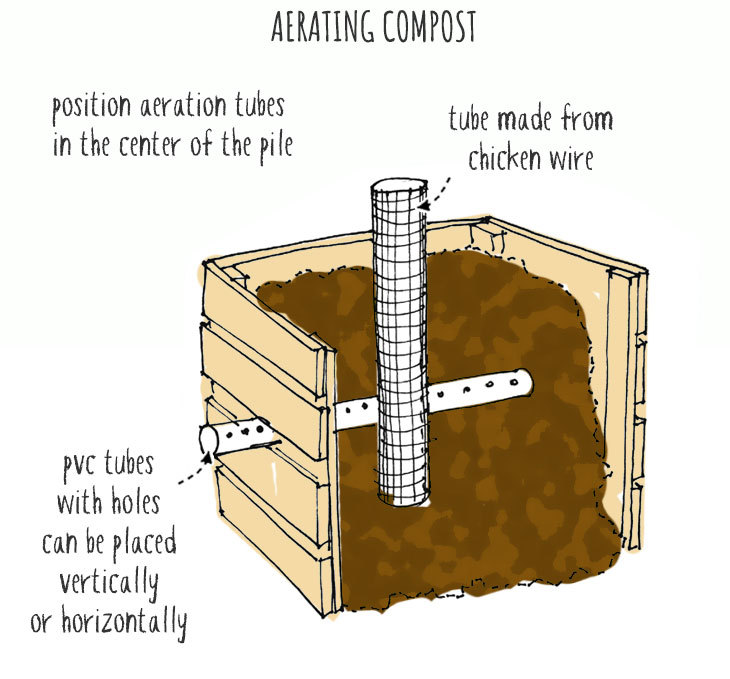
What Can I Add To My Compost To Speed It Up?
You can put several additions into compost to help make the process faster. These include things that improve composting microorganisms’ quality and quantity, such as activators, accelerators, or even fertilizer. You can also increase the amount of organic green materials to provide easily digestible foods.
If you’re like me, you’re probably impatient to get your hands on some finished compost!
Luckily, you can use a few more tricks to help make things rot!
4. Adding High Nitrogen Material
You’ve probably noticed when you add a large amount of fresh green (nitrogen-rich) material to your compost, there is a flourish of activity. This is because the compost heats up fairly quickly as the microbes get to work on the feast of fresh waste matter.
Green materials can be compared to “fast-food” for compost microorganisms (full of fast-burning sugars and protein).
They are the equivalent of fast-burn foods for your compost pile and will get the decomposition process moving quickly.
The downside is that an overabundance of green materials will cause a smell, and there is a risk that the pile will turn anaerobic. This will ultimately slow down the process!
So adding greens is a balancing act that needs to be carefully managed. If you don’t mind a slight smell, add more greens, and keep the pile regularly aerated by turning the materials.
Tip: If you don’t have any fresh green organic waste available, you can try adding coffee grounds that are high in nitrogen.
5. Try Using Activators
You can also add products to compost that speed up the process. These are sold as compost accelerators, compost activators, and compost starters.
How to Accelerate Compost
Adding an accelerator to the organic materials in compost can speed up the composting process. These are products that are rich in nitrogen or active microorganisms.
Basically, these are the “worker microbes” you require to decompose the organic matter, but rather than wait for them to grow up and spread, you toss them in there. Nitrogen is also a popular boosting ingredient in compost accelerators.
So when purchasing a compost accelerator, activator, or starter, you need to look at the ingredients and look out for three key components.
- Active bacteria
- Nitrogen boosting elements
- Organic materials, rather than chemical or synthetic
The latter element isn’t crucial when it comes to speed. Using chemicals or synthetics will take away from the organic richness of your own compost.
What Is The Best Compost Accelerator?
If speed is your primary aim, the best compost accelerator is Biomaster Compost-It. It is organic, safe even for worm farms, and has many organic microbes. It is also super simple to use.
Number two is probably Jobe’s Organics Compost Starter. It’s slightly pricer than Biomaster, but not by much, and still cheaper than a lot of other commercial options. Its ingredients are highly rated, have no synthetics, and it works pretty fast.
6. Adding Some Soil
Instead of buying activators, many people chuck a scoop of their own soil into the heap. This works well if your soil is already quality and contains many excellent micro-organisms. If you keep chickens or rabbits, adding their droppings can also help. While horse manure is another alternative, be aware it is thick and needs to be broken up considerably; otherwise, it is slow to decompose. Also, watch the amounts.
7. Use Natural Accelerators
There are also ways to develop your own natural compost boosting recipe.
How To Speed Up Composting Naturally
A natural alternative to commercial compost accelerators can be created using easily found ingredients. These recipes usually include things like yeast, sugar, ammonia, and of course, soil.
Remember, if you are using yeast, you need to make sure there is sugar. This can be achieved with good old molasses or a 12 oz full-calorie soda. Beer and soda should not be chilled but at room temperature. Example compost accelerator recipe:
- 2 shovels of good soil
- 1 packet of yeast
- 1 12 oz cheap soda that contains sugar
- 3 tablespoons ammonia (optional, adds nitrogen)
Place ingredients into a 5-gallon bucket and give them a mix. Next, add 2-3 gallons of warm (not hot) water. Allow to sit for 24-28 hours, preferably in the sun, stirring every 3 hours or so. Then add it to your compost, stirring as you go.
8. Try Hot Composting
Temperature is a crucial element in successful composting. Some methods are specifically designed to promote fast decomposition using a hot compost process.
What Is The Fastest Method Of Compositing?
The fastest composting method is almost certainly the method developed by Professor Robert D. Raabe, a professor of Plant Pathology at Berkeley. Thus, the technique is nicknamed the “Berkeley Hot.”
The whole three pages of instructions are available online for free. Some people claim they’ve used it and achieved desired results in 18 days.
9. Use Insulation / Hot water Bottle
At certain times of the year or in colder climates, low external temperatures can impact the speed of decomposition. If this is the case for you, you might need to try additional measures.
How To Speed Up Composting In Winter
Composting slows in winter due to lack of heat. Insulated bins, bin duvets, or hot water bottlestossed inside all work. You could also surround your container with dried leaves or Styrofoam.
Others just buy themselves an ready-to-go insulated bin.
Conclusion
It is perfectly possible to speed up your composting. Some people have reduced their process to under three weeks. It just takes effort and management to discover the suitable method for you.
Remember…
The five crucial ingredients are temperature, surface area, aeration, moisture, and the ideal ratio of carbon to nitrogen.


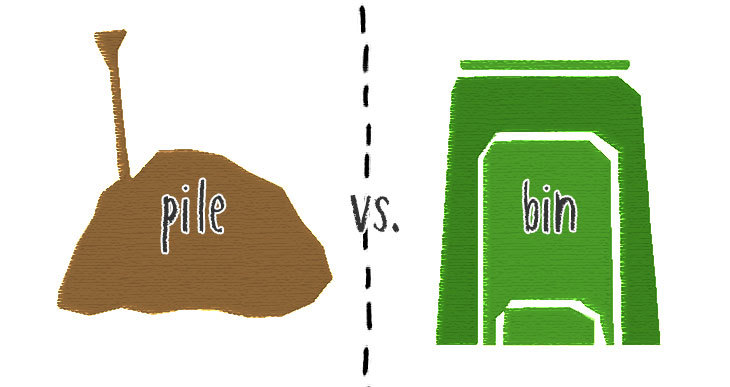
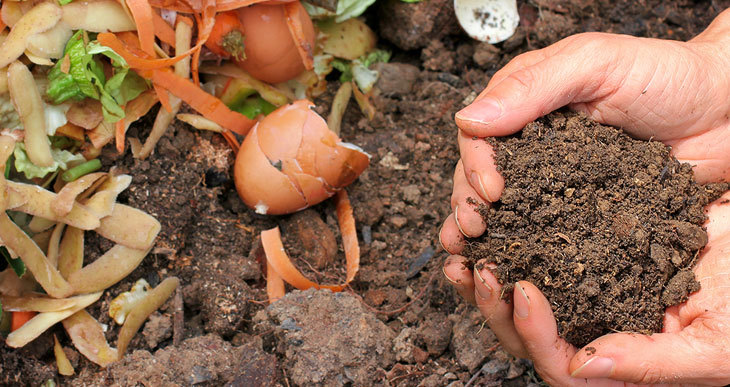
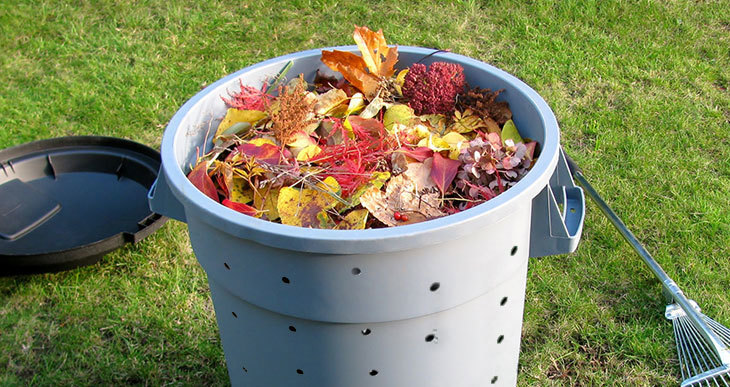
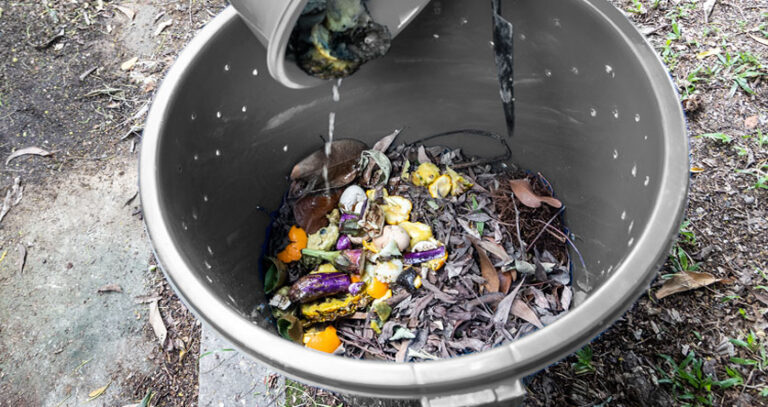
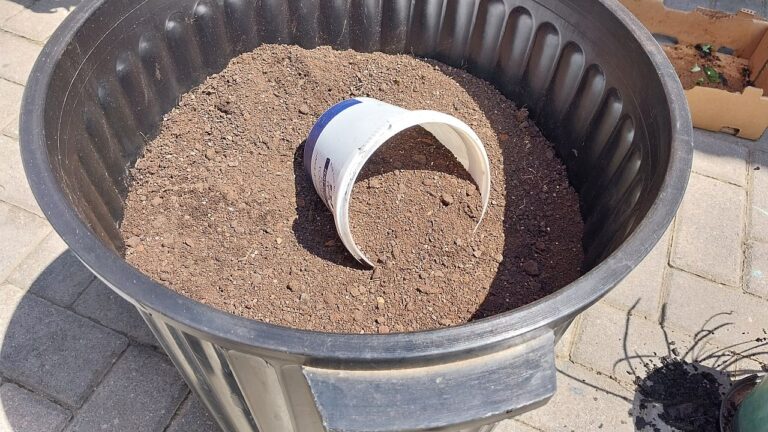

what is the amount of molassas to add to one pack of yeast. i live on the sea shore where seaweed is ready avaiable generally I use seaweed with grass and many plant leaves my compost box is made of pallets any information on compost is greayly appricated thanks vincent
.
Hi Vincent!
Great to hear about your composting efforts! For a compost accelerator recipe using molasses and yeast, you can try this ratio:
1 packet of yeast
1-2 tablespoons of molasses
Mix these with other ingredients mentioned in the recipe, like good soil, and let it sit for 24-28 hours before adding to your compost.
Seaweed, grass, and plant leaves sound like fantastic additions to your compost mix.
Best of luck !